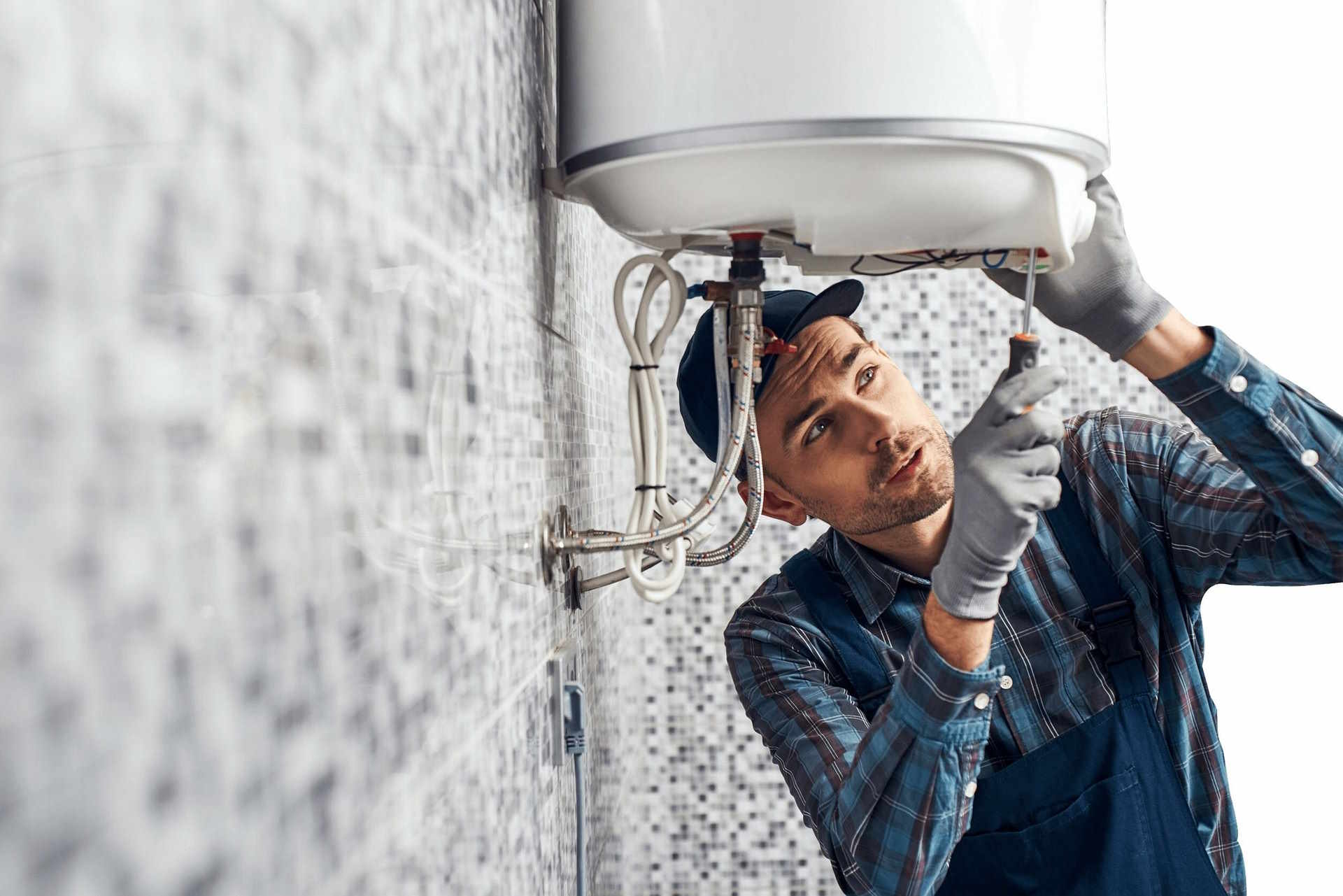Boiler Installation: What to Expect in Terms of Costs!
When it comes to home improvements, few upgrades are as crucial as installing a new boiler. This essential piece of equipment not only keeps your home warm but also provides hot water for daily use. However, the process of installing a new boiler can be daunting, especially when considering the costs involved. In this comprehensive guide, we'll explore what you can expect in terms of expenses when upgrading your home's heating system.

Understanding Boiler Types and Their Price Points
Before delving into installation costs, it’s important to understand the different types of boilers available. Combi boilers, system boilers, and conventional boilers are the main categories, each with their own price ranges. Combi boilers, which provide hot water on demand without a separate tank, are often the most cost-effective option for smaller homes. System boilers, ideal for properties with multiple bathrooms, tend to be mid-range in price. Conventional boilers, which require a separate hot water cylinder, are typically the most expensive but can be suitable for larger homes with high hot water demands.
Factors Influencing Boiler Installation Costs
Several factors can impact the overall cost of your boiler installation. The size of your property plays a significant role, as larger homes may require more powerful boilers. The complexity of the installation is another crucial factor; for instance, switching from a conventional to a combi boiler might involve additional work and expenses. The quality and efficiency of the boiler you choose will also affect the price, with high-efficiency models often costing more upfront but potentially saving money in the long run through reduced energy bills.
Additional Components and Their Costs
When budgeting for a new boiler installation, it’s essential to consider the cost of additional components. An aluminium silicon heat exchanger, for example, is a key component in many modern boilers, known for its efficiency and durability. On-demand boilers, which heat water as needed, may require specific plumbing configurations. For those in rural areas without access to mains gas, oil boilers for sale might be a consideration, though these often come with higher installation and fuel costs.
Commercial Considerations and Large-Scale Installations
For commercial properties or large residential buildings, the costs and considerations can be quite different. Commercial oil-fired steam boilers, for instance, are a significant investment but are crucial for many industrial and large-scale heating applications. These systems require specialized installation and maintenance, which can substantially increase the overall cost.
Navigating Installation Costs: Tips and Considerations
When planning your boiler installation, consider obtaining multiple quotes from reputable installers. Look for professionals who are Gas Safe registered in the UK. Don’t forget to factor in the potential for future energy savings when choosing a more efficient model. Some homeowners may be eligible for government grants or schemes aimed at improving home energy efficiency, which could help offset the initial costs.
| Boiler Type | Average Cost Range (GBP) | Installation Time | Energy Efficiency Rating |
|---|---|---|---|
| Combi Boiler | £1,500 - £3,500 | 1-2 days | A-rated (90%+) |
| System Boiler | £1,800 - £4,000 | 2-3 days | A-rated (90%+) |
| Conventional Boiler | £2,000 - £4,500 | 2-3 days | B-rated (86-90%) |
| Oil Boiler | £3,000 - £5,500 | 2-3 days | A-rated (90%+) |
| Commercial Steam Boiler | £7,000 - £20,000+ | 3-5 days | Varies |
Note: These costs are estimates and may vary based on specific models, installation complexity, and regional factors. It is encouraged to conduct independent research and obtain multiple quotes for accurate pricing.
Investing in a new boiler is a significant decision that can have long-lasting impacts on your home’s comfort and energy efficiency. While the initial costs may seem daunting, a well-chosen and properly installed boiler can provide years of reliable service and potential energy savings. By understanding the factors that influence installation costs and considering your specific needs, you can make an informed decision that balances upfront expenses with long-term benefits. Remember to prioritize quality and efficiency in your choice, as these factors often translate to better performance and lower operating costs over time.
The shared information of this article is up-to-date as of the publishing date. For more up-to-date information, please conduct own research.




